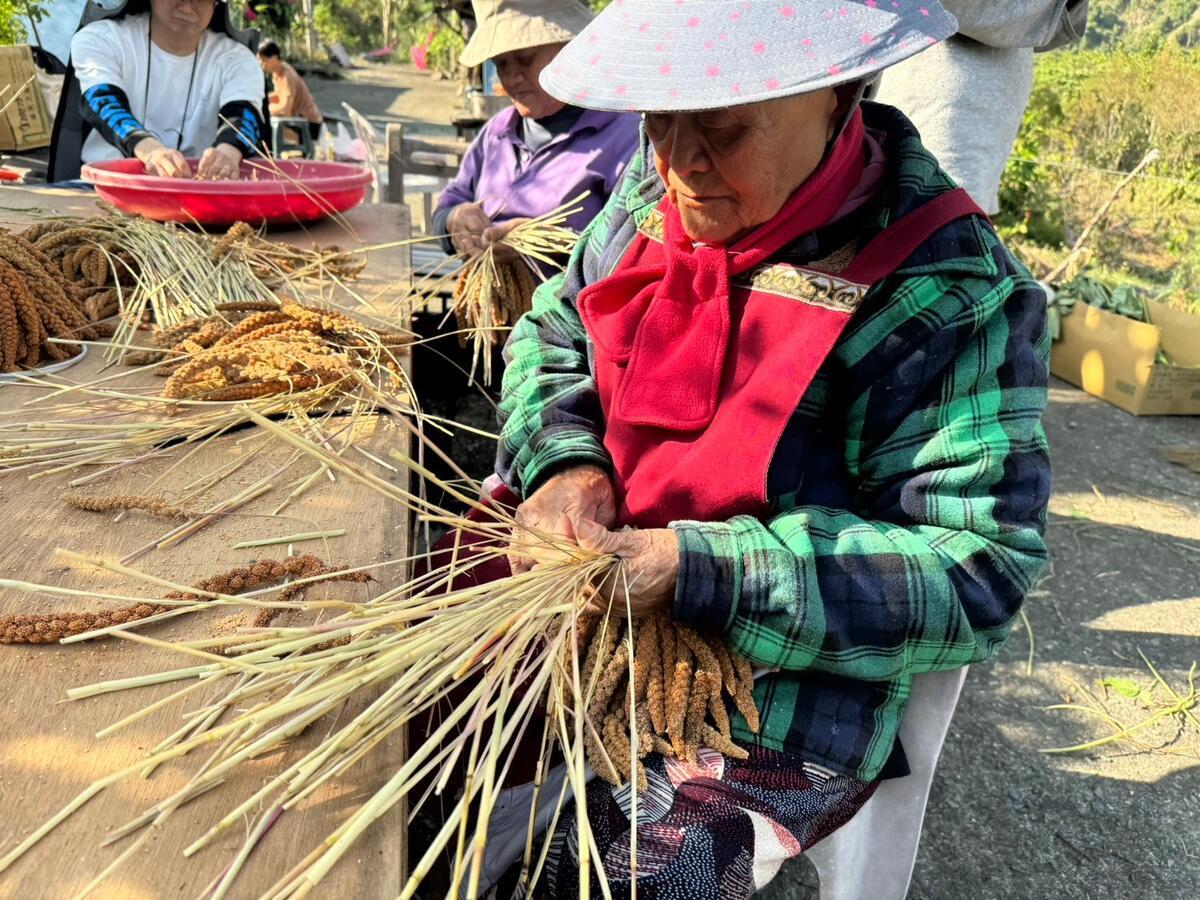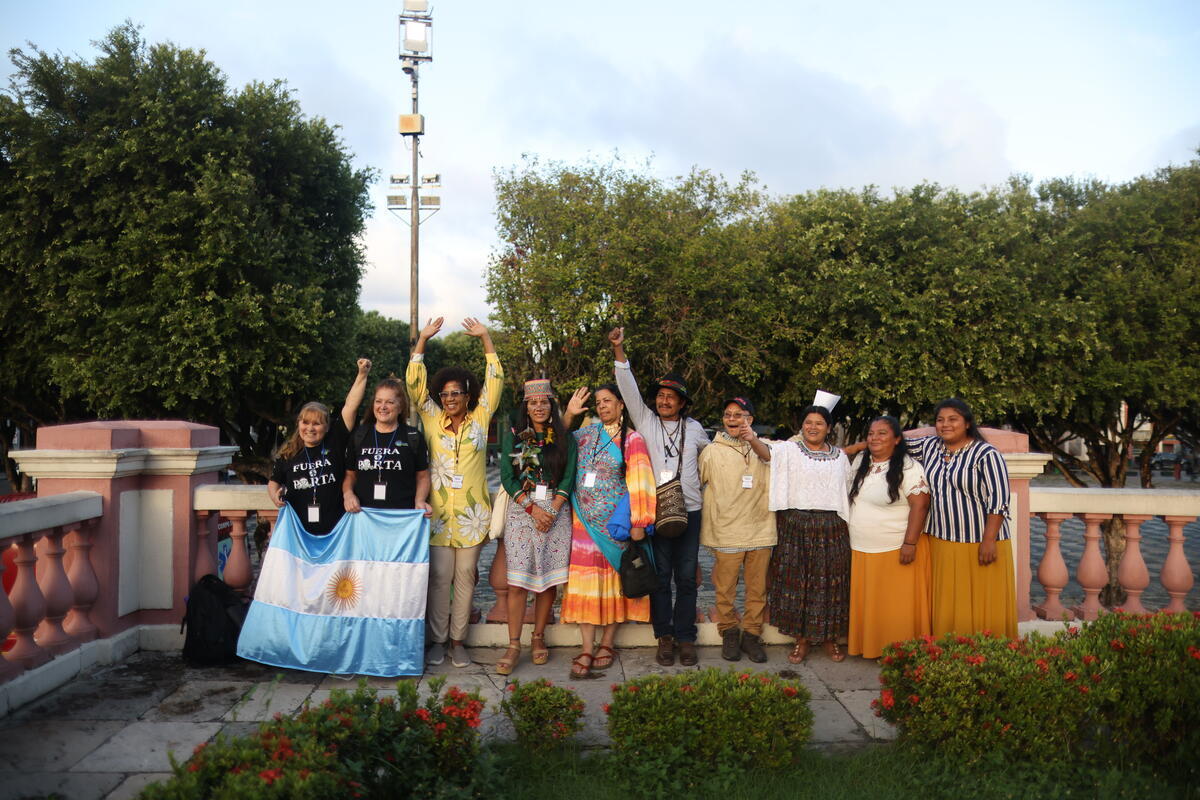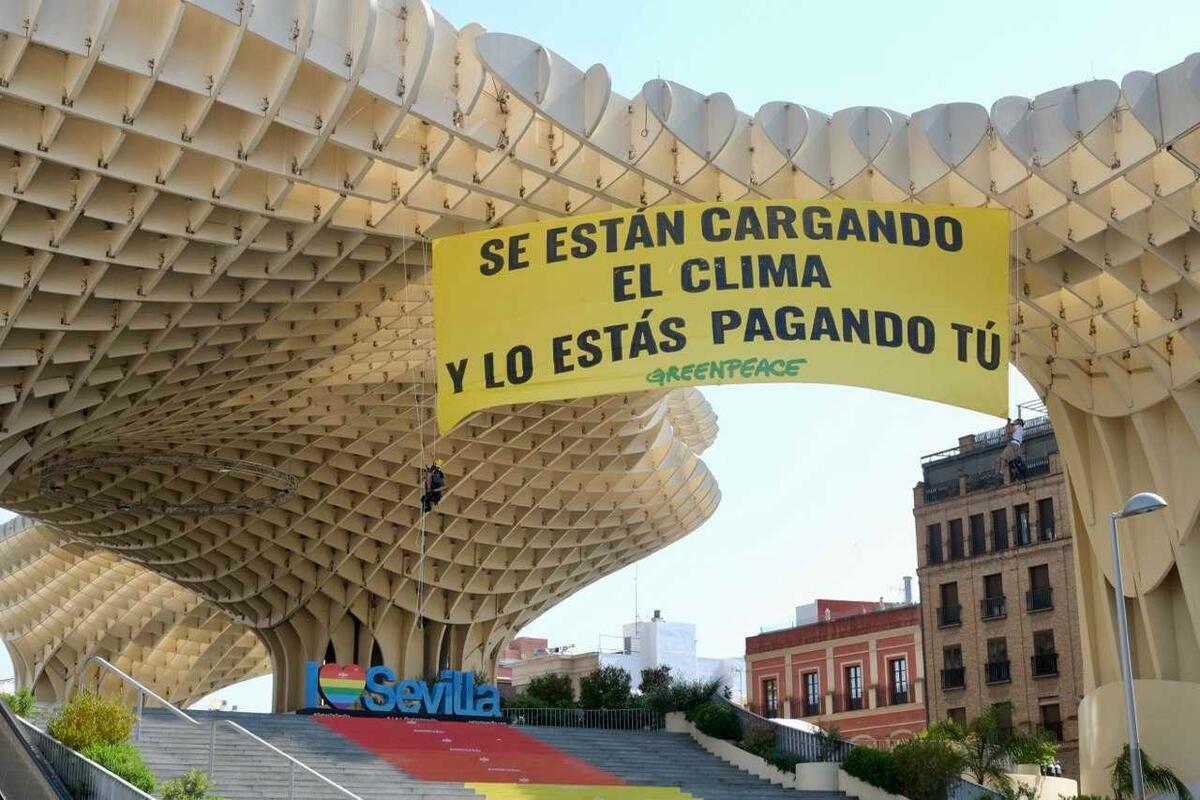Brasília – Yesterday, a coalition of non-governmental organisations brought the Brazilian government to the Federal Supreme Court for its active negligence to protect the Amazon and the people of Brazil. The rates of deforestation in the Brazilian Amazon have recently reached historical numbers, resulting in a 34% increase from 2018 to 2019[1].
Images of deforestation in Brazil from 2019 and 2020
The coalition is formed by Artigo 19, Articulação dos Povos Indígenas do Brasil (Apib), Conectas Direitos Humanos, Conselho Nacional das Populações Extrativistas (CNS), Engajamundo, Greenpeace Brazil, Instituto Alana, Instituto Socioambiental (ISA), Observatório do Clima and Associação Alternativa Terrazul[2].
The NGOs led the development of the lawsuit, which was formally presented by seven political parties[3] as plaintiffs, because of the procedural requirements of the Action Against the Violation of a Fundamental Constitutional Right (or ADPF for its acronym in Portuguese). The members of the coalition will participate in the proceedings as amici curiae, or friends of the court.
“The coalition is simply demanding that the Brazilian government complies with the Constitution, which protects present and future generations as well as the Amazon. Even under a totally unambitious contribution to the international Paris Agreement, Brazil is now lacking public policy, budget and staffing to guarantee the application of our national laws. We need to stop this free fall,” said Fabiana Alves, Climate and Justice coordinator at Greenpeace Brazil and general coordinator of this coalition initiative.
“Brazil and the world can no longer wait. Supported mainly by the Brazilian Constitution, but also by international agreements, we plead for deforestation in the Amazon to be combated immediately, in order to safeguard an ecological and climate balance for present and future generations. Every human right is impacted by environmental devastation, it is up to our Supreme Court to determine the application of the public policy in force, which has already proved successful when effectively applied”, said Mauricio Guetta, legal adviser at Instituto Socioambiental and legal coordinator of the initiative.
In 2019, the Brazilian government abandoned the most important plan to combat and prevent deforestation in the Amazon forest, the Action Plan for Prevention and Control of the Legal Amazon Deforestation (PPCDAm), going against its own international commitments to reduce greenhouse gas emissions.
The document submitted to the Supreme Court requires that deforestation be reduced to a rate of 3,925 km² by 2021, which should have already happened in 2020, according to the National Policy on Climate Change. This goal would mean a reduction of 60% in relation to the official deforestation rate for 2019-2018. The plaintiffs are calling for a moratorium on deforestation in the Amazon for a year, among other measures, if this objective is not achieved.
The document also highlights how the shortcomings of the governmental obligation to protect the environment harms the rights of Indigenous Peoples and traditional communities, as well as the fundamental rights of present and future generations in Brazil.
Climate litigation is increasingly gaining traction across the world, with more than 600 legal cases filed by individuals and non-governmental organisations that assert the rights of people impacted by the climate crisis on record[4]. The Brazilian case comes as Norway’s Supreme Court completed hearings today on a lawsuit that calls on the Norwegian government to stop offshore oil licenses under both the national constitution and the Paris Agreement. In April 2018, twenty-five young people won their case against the Colombian Government when the Supreme Court ordered the authorities to ensure the protection of the Amazon from deforestation to protect present and future generations.
ENDS
Notes to editors
[1] According to data from PRODES obtained in Portuguese from: http://www.obt.inpe.br/OBT/assuntos/programas/amazonia/prodes
[2] Artigo 19, Articulação dos Povos Indígenas do Brasil (Apib), Conectas Direitos Humanos, Conselho Nacional das Populações Extrativistas (CNS), Engajamundo, Greenpeace Brazil, Instituto Alana, Instituto Socioambiental (ISA), Observatório do Clima and Associação Alternativa Terrazul.
[3] The political parties that presented the lawsuit are: Partido Democrático Trabalhista – PDT, Partido Socialista Brasileiro – PSB, Partido dos Trabalhadores – PT, Partido Socialismo e Liberdade – PSOL, Partido Verde – PV, Rede and Partido Comunista do Brasil – PCdoB.
[4] The number of climate cases is constantly evolving. This approximation is based on the cases tracked by the Grantham Research Institute on Climate Change and the Environment and the Sabin Center for Climate Change Law, in collaboration with Arnold & Porter Kaye Scholer LLP. For more information on climate cases worldwide, please see: http://www.lse.ac.uk/GranthamInstitute/climate-change-laws-of-the-world/ and http://climatecasechart.com/
Contacts
Rebecca Cesar, press officer, Greenpeace Brazil: [email protected], +55 11 956 400 443.
Greenpeace International Press Desk: [email protected], +31 (0) 20 718 2470 (available 24 hours)



